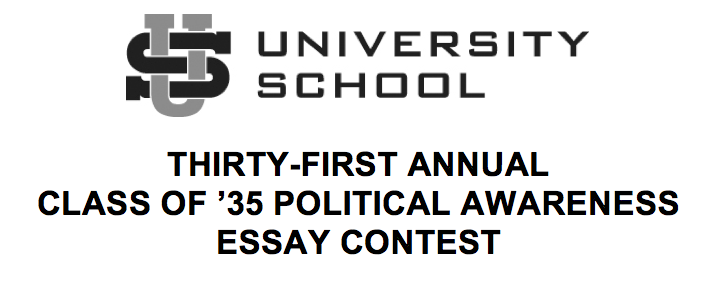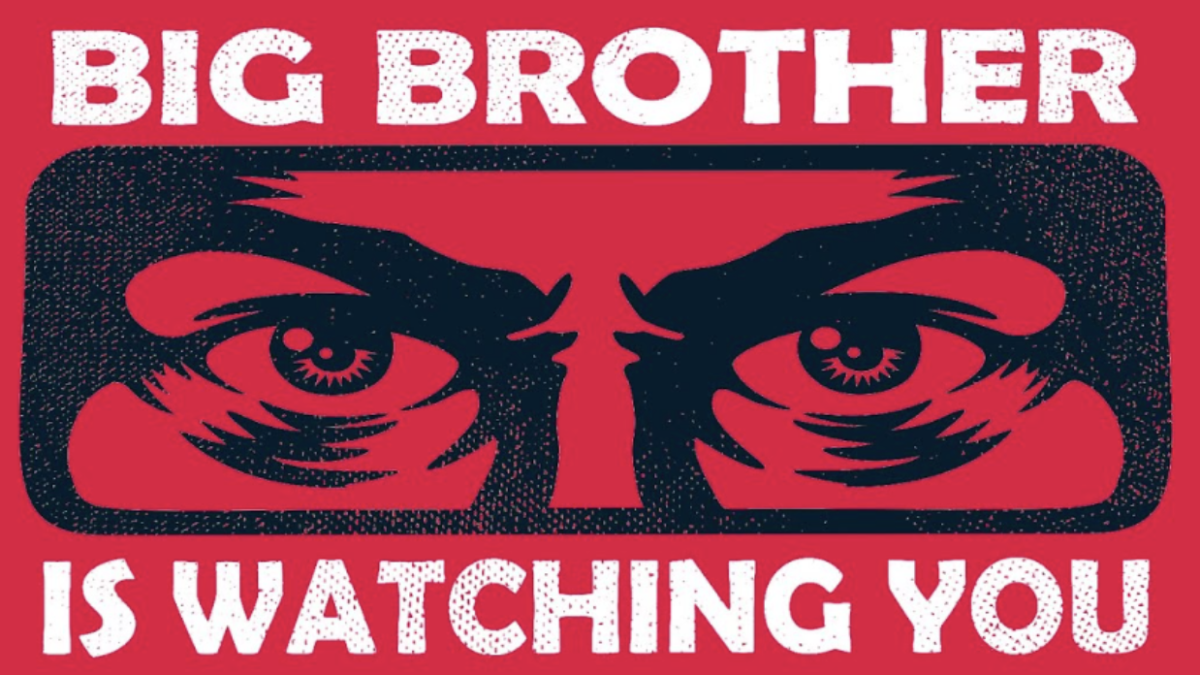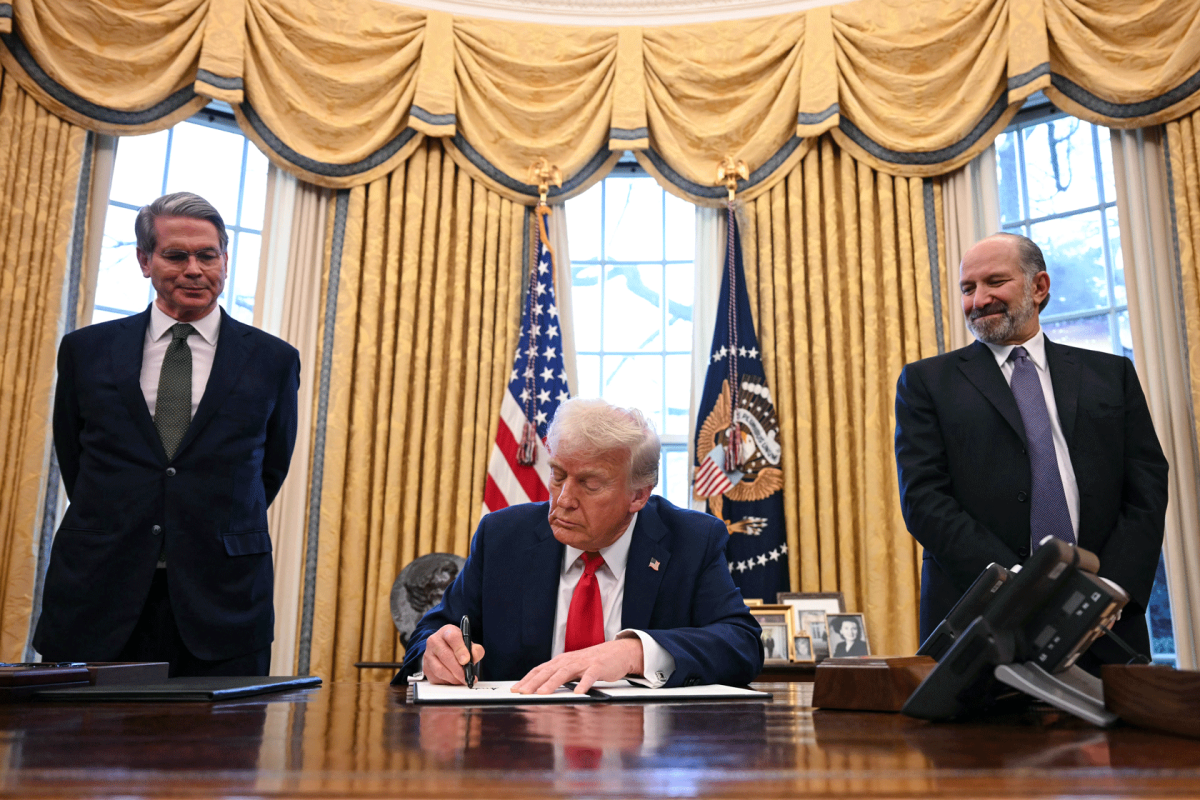By Rohan Garg ’17, Creative Writing Editor
Every year, for the last three decades, students have submitted papers for the annual Class of ’35 Political Awareness Essay Contest. This year marks the 31st year of the Political Awareness Essay Contest. In case you missed Mr. Rein’s assembly announcement for this year’s contest or you want more information regarding the details of the contest, look no further.
The goals of this annual competition are to foster the habit of clear thinking about political issues past and present, to reward distinction in the art of expository writing, and to provide students with the opportunity to undertake original research. The essay contest is essentially the writing counterpart of the Sherman Prize Speaking Contest. Unlike the Sherman Prize Speaking Contest, however, which is only open to the junior class, the Political Awareness Essay Contest is open to students in all grades.
With that said, the guidelines for this year’s contest are more open ended than they have been in the past. Students are asked to compose an argument on any political, economic, social, or legal issue of local, national, or international significance. Examinations of both contemporary and historical topics fall within the scope of the contest. In past years, students have had to incorporate special aspects in their papers. Last year, for example, students were required to connect their argument to the school’s mission statement. The year before, contestants had to relate their topic to the school’s motto of Responsibility, Loyalty, Consideration. This year, however, students are not required to draw any such connection. The papers, which should be typewritten and double-spaced, must range in length from 1,000 to 2,000 words. Additionally, contestants must submit a one-page précis or summary of their essay, which must be fewer than 250 words.
As a contestant, you have ample time to compose and revise your submission. Essays and précis are due to Mr. Rein by the end of the school day on March 18, leaving you with several weeks between now and the day we depart for spring break to craft an award-winning piece.
Speaking of awards, this year awards will be given to the writers of the three best papers. The third prize is $75, second prize is $100, and first prize is $200. All three award-winners will receive a certificate, and the first place winner will also receive a trophy. The three award winners will be commended at a special morning assembly on April 11.
As a former participant and award winner, I strongly encourage you to enter this year’s Political Awareness Essay Contest. Your participation in this contest will give you not only the opportunity to explore a topic of interest in great depth but also the ability to develop your writing skills and to gain recognition for your work. While the idea of writing a long essay outside of class may sound daunting or uninteresting, the task can be made much easier by revising an essay or research paper that you have written for one of your classes. Many award winners in the past have used papers for their history and English classes as foundations for their contest submissions. Last year alone, half of the award winners submitted revised versions of their sophomore English research papers. If you’ve written an essay on an interesting topic in the past as a requirement for one of your classes, consider revising or adapting it to a contest submission that meets the rules outlined above.
Your participation in this contest will give you not only the opportunity to explore a topic of interest in great depth but also the ability to develop your writing skills and to gain recognition for your work.
With open ended guidelines, ample time until the deadline, the chance to enhance your writing skills, and the possibility of gaining academic recognition, this year’s annual Political Awareness Essay Contest is an excellent opportunity that you should strongly consider.







